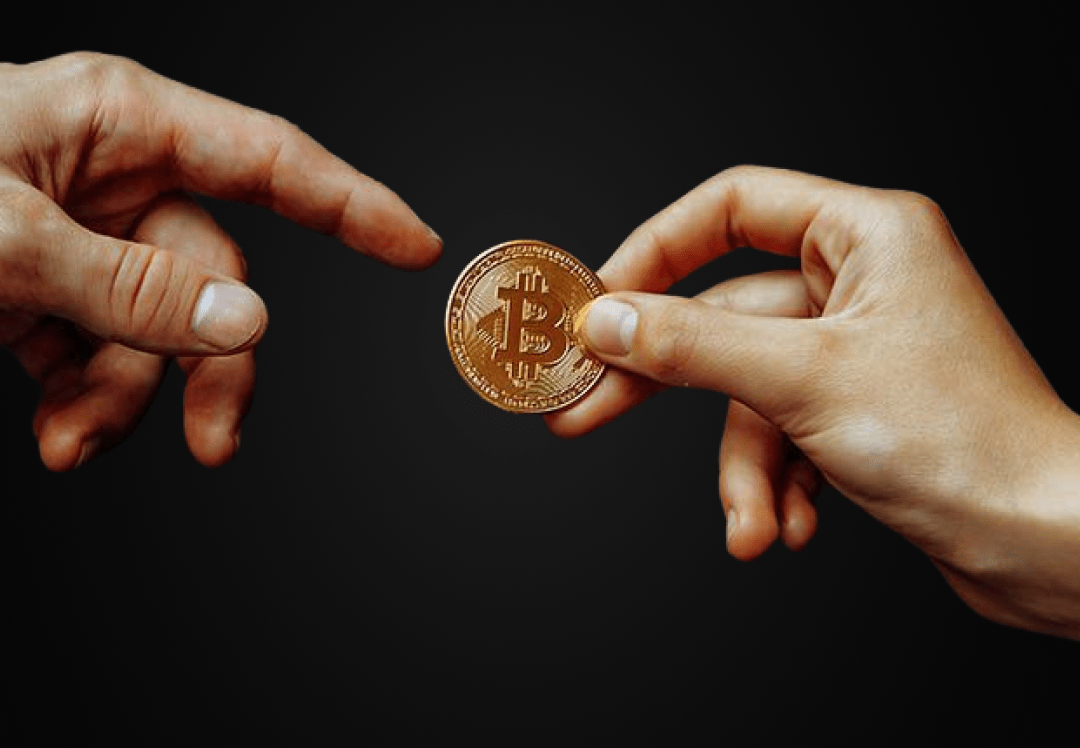Bitcoin’s Role In The Remittance Market
On 7 September 2021, El Salvador made Bitcoin legal tender. El Salvador has large numbers of overseas workers, and cryptocurrency is a mechanism by which overseas workers can send funds home more quickly and cheaply than before.
According to several news sources, Bitcoin is viewed as a replacement for Western Union and other money transfer services. While cryptocurrency may play an essential or even revolutionary role in money transfer in the future, it is unlikely to have an immediate revolutionary effect, nor is it likely to put Western Union out of business in the short run.
Living In A Money Transmission Centre
Many of my views on money transmission are influenced by my time in Hong Kong. Hong Kong is a fascinating destination to visit because it is a place where different finance interact. When you travel to the financial district in Central or Kowloon, you’ll find glass office towers filled with banks like JP Morgan, Bank of America, HSBC, and Citibank. And right in the middle of these banks are money transfer centres for overseas clients, such as World Wide House and Chungking Mansions. These two locations connect the global financial system to the massive remittance flow to Africa, India, and Southeast Asia.
On Sundays, when the Filipino helpers are off for the week, you may witness queues of helpers transferring money back to the Philippines from Hong Kong. The helpers are converting Hong Kong dollars into Philippine Pesos. People in the Philippines who wish to buy Chinese goods must first change their Philippine peso to US dollars, then Chinese yuan in the opposite direction.
These two streams meet at World Wide House, which is near JPMorgan’s Asian headquarters. The differences between the two locations are striking. In one, you’ll see bankers in business causal making trades in the international markets. On the other side, there are small money-changing activities in the middle of ships for Filipino helpers selling mobile phones and decent Filipino food. Yet, it turns out that both locations are vital components of the global financial system.
Cost Structure Of Money Transmission
One frequently expressed argument is that money transmitters are merely unpleasant individuals who demand exorbitant fees because they can and that if money transmitters were replaced by Bitcoin, the cost of money transfer would be drastically reduced. This, however, does not appear to be the case.
The reason that remittances and micro-loans often have high service fees is that the quantities are small, and the expenses do not scale lower. Imagine your costs, if you were running a money-services company. You need people and facilities, and the cost of these facilities varies with the number of clients but does not vary with the quantity of the remittance. As a result, if you have a significant number of small remittances, the fee that must be paid for each transaction is high.
One would think that Bitcoin and internet applications would enable users to send money without having to go through a person. This is the reason internet applications frequently result in considerable cost reductions. Internet applications typically have high setup costs to do the initial programming, while the cost of adding a new user is low. As a result, internet finance works best when there are many people among whom the development expenses may be divided. Therefore, China has been a centre for internet finance, since once an infrastructure for moving money is in place, the costs can be spread among many people.
However, for money remittances to El Salvador, the numbers are smaller, making it more difficult to raise the capital required to pay for startup costs. The lack of adequate funding for paying for initial expenses is visible in the technical glitches that have been observed as El Salvador uses their digital wallets.
The Need For Human Beings
Internet applications can save money by reducing the requirement for human interaction. You save money by removing as many people as possible. However, it turns out that this is difficult to achieve with money remittance. To begin with, many persons involved in remittances deal with physical currency. Many people who send money do not have bank accounts and must conduct their transactions in physical currency.
The concern with cross-border money transfer is that if something goes wrong, the money might be lost. For example, money might be lost because of mistakes such as mailing items to the wrong address or having a faulty technological setup that can be hacked. Having a person act as an intermediate implies the person accepts responsibility for any errors.
Conversely, many of the reasons you’d expect people to respond to aren’t that essential. People who use money transfer services, for example, are not usually overly concerned about costs. Typically, the foreign salary they get is far more than what they might earn back home, hence they have the money to pay the additional costs. Although they are not sensitive to costs, they are susceptible to reliability and will pay a higher price if a person reduces risk.
The need to go to a physical location is not as much of a burden as one would think. Western Union typically franchises money transmission shops in places where workers would need to visit, anyway. Money remittance locations are often in a small store where the workers visit weekly to buy goods. This has the extra benefit since the shops already have the facilities to handle paper cash and have staff to sell goods. Therefore, the additional cost of becoming a remittance centre is minimal. Even where you have a stand-alone shop, these are near areas with many workers.
The Role Of Bitcoin
Bitcoin is a game-changing technology, and just because it isn’t fit for everything doesn’t imply it isn’t useful for anything. Although there are challenges with using Bitcoin in retail transactions, money transmitters can use it to facilitate large-scale transfers of payments. As a result, a money transmitter between Hong Kong and the Filipinos is attempting to match the flow of Filipino pesos to Hong Kong dollars with the flow of Hong Kong to pesos. Where these flows do not match, someone must contribute funds to make up the difference, which is where Bitcoin comes in. Because you are not working with end customers but with wholesale merchants, many support costs are eliminated. Finding uses for Bitcoin to replace certain elements of the money transmission chain will require time and experimentation, and what succeeds and fails is often unexpected.
Implications For El Salvador
It seems unlikely that Bitcoin would instantly revolutionize El Salvador’s economy in a single day. However, this will allow for further experimentation. Where Bitcoin does not bring benefits, it may be disregarded, and we can continue to do things the old way. However, in places where it is helpful, it may replace existing systems and push the world toward a better financial system.
Frequently Asked Questions
What is the demand for money transmission?
One significant source of demand for money transmission services comes from overseas workers. They usually attract these workers to work far from home as domestic helpers, drivers, or factory workers. The wages they receive working overseas are often very high, creating an incentive to work overseas. As a result, they regularly need to transmit money back home, and these remittances form a substantial portion of the local economy.
In particular, remittance provides a substantial amount of foreign exchange that the home country can use to improve its balance of payments.
What are the challenges and opportunities in providing apps to workers?
One thing that is not an issue is primary education and access to technology. A typical worker has a smartphone which they can use to access technology. Also, they have basic literacy skills and often good skills in English. However, they're not technical people and are often too busy with their jobs to spend too much time and effort learning new technology.
Because they are in a foreign country, guest workers usually quickly develop their support community and have a network of shops and merchants that cater to their needs, and having a shopkeeper or trusted money services operator that is part of the community is helpful in reducing trust issues.
How do remittances affect global finance?
One thing about the structure of global finance is that the global financial centres of New York City, Silicon Valley, and London do not have vast numbers of guest workers. Therefore, the use of cryptocurrencies in this economy is unlikely to be developed in these locations. The places where you have interfaces between global financial and guest workers are places such as Dubai, Singapore, and Hong Kong, and, likely, a lot of the development in using cryptocurrencies to advance the world economy will take place in these places.
*This communication is intended as strictly informational, and nothing herein constitutes an offer or a recommendation to buy, sell, or retain any specific product, security or investment, or to utilise or refrain from utilising any particular service. The use of the products and services referred to herein may be subject to certain limitations in specific jurisdictions. This communication does not constitute and shall under no circumstances be deemed to constitute investment advice. This communication is not intended to constitute a public offering of securities within the meaning of any applicable legislation.





